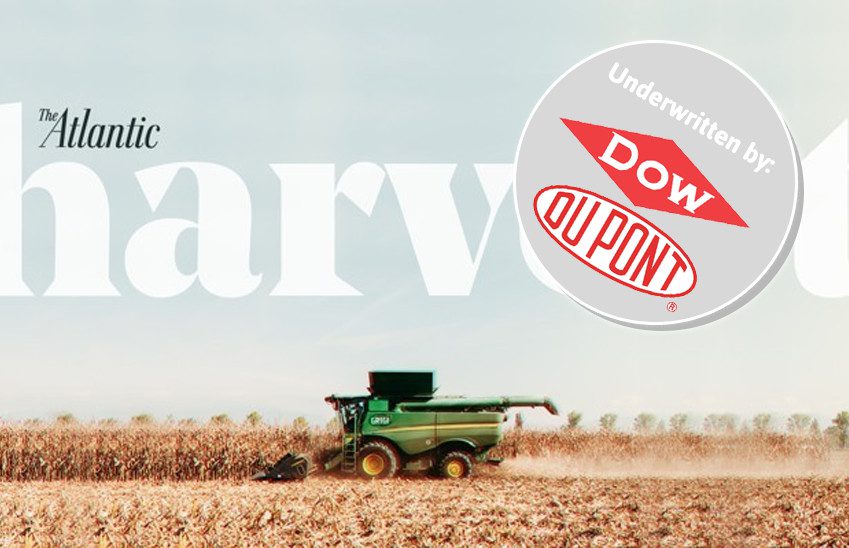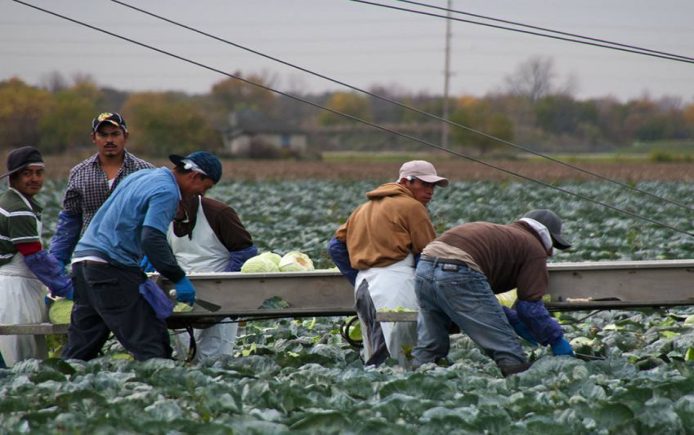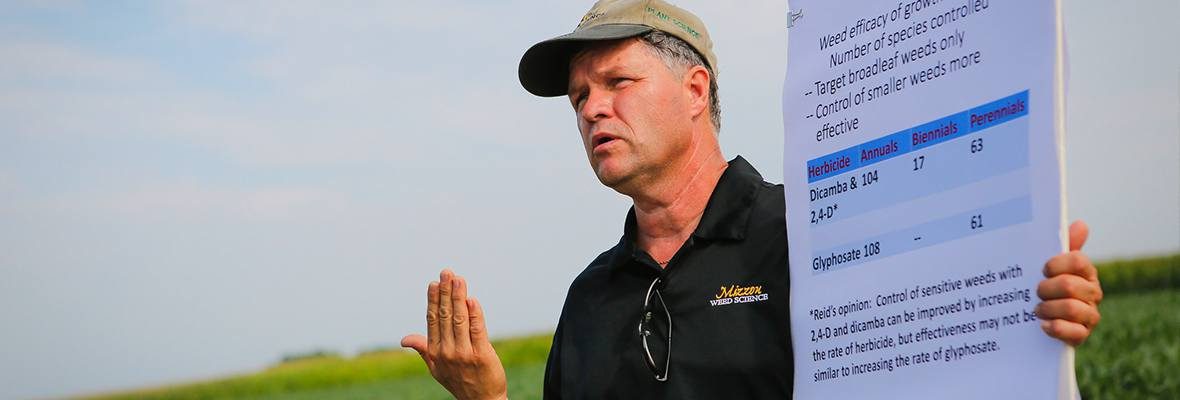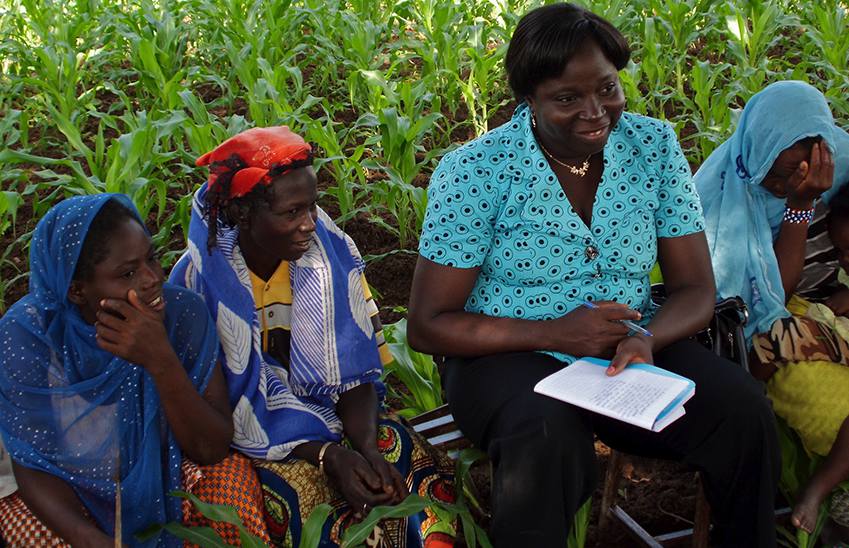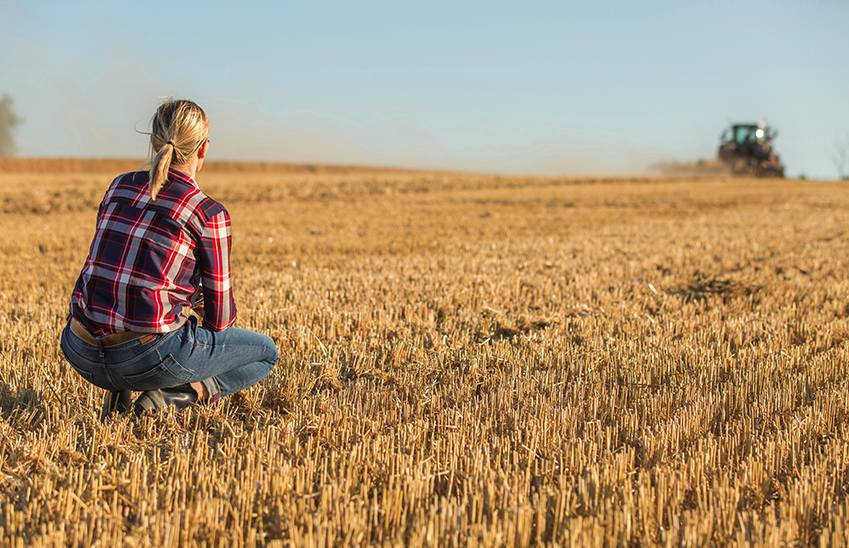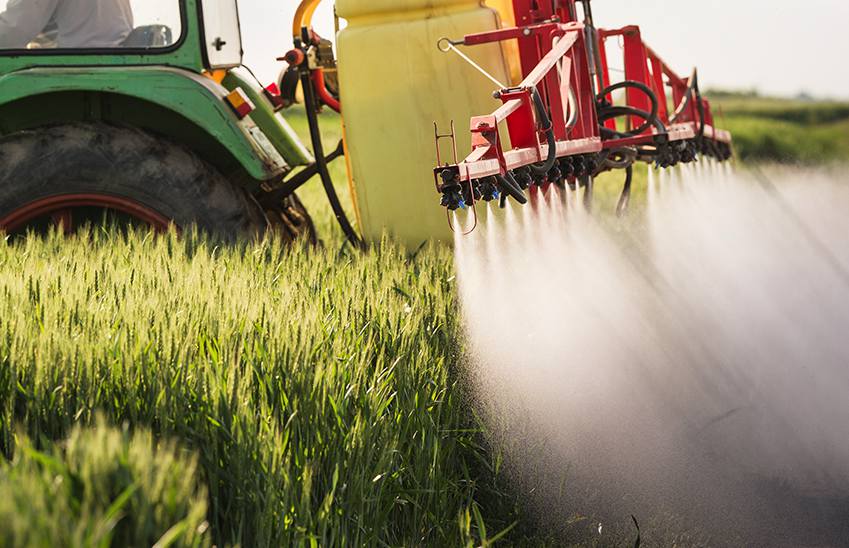20 Feb Future of food? Ask farmers, not DowDuPont
What were they thinking over at The Atlantic? Last week, the normally fact-focused magazine and media company hosted an event entitled "Harvest: Transforming the Food We Eat" in New York City — and the evening was wholely underwritten by the Agricultural Division of DowDuPont.



